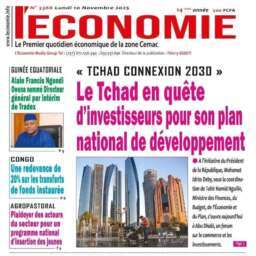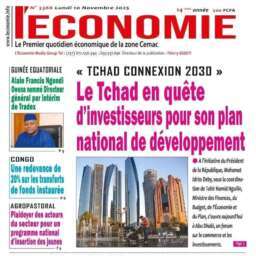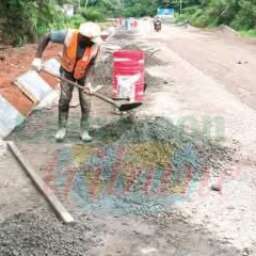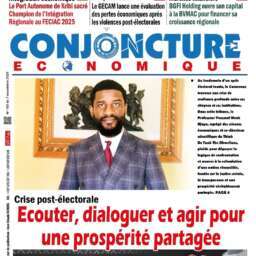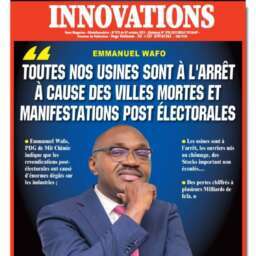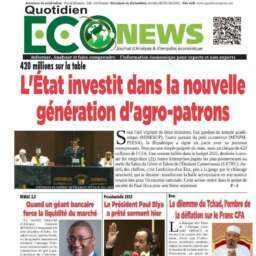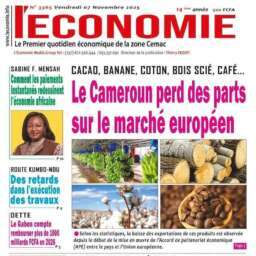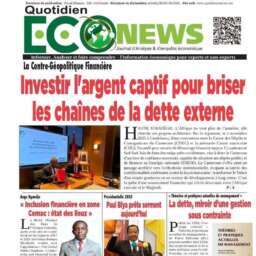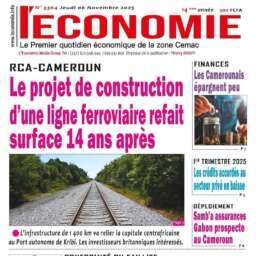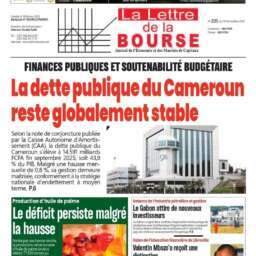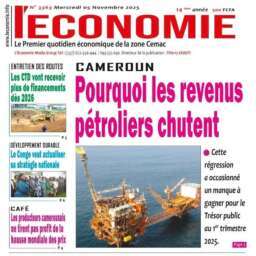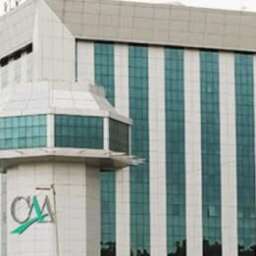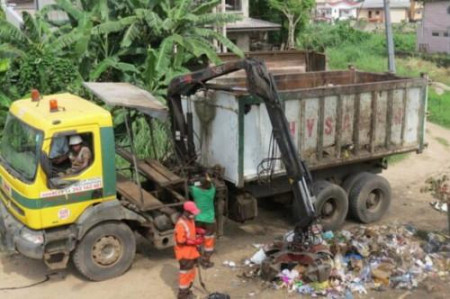(Business in Cameroon) – Cameroon is considering the creation of a special public fund to improve how cities manage household waste and to ensure more reliable payments to contracted waste collection companies. The recommendation was made at a national forum on waste management held in Yaoundé on May 6 and 7, 2025.
The proposed fund would allow excise taxes and public subsidies to be transferred directly to municipalities and urban communities. According to participants, this would help reduce the long-standing delays in payments to service providers. Under the current model, the government is responsible for 85% of these payments. However, recurring delays have led to cash flow problems, work stoppages, and labor strikes in the waste sector.
While this new funding mechanism could improve payment flows, stakeholders agreed that the sector’s core issue remains a lack of financing. In both Yaoundé and Douala, Cameroon’s two largest cities, only 50% of daily household waste is collected. Yaoundé generates about 2,600 tons of waste each day, while Douala produces around 3,000 tons.
By contrast, Abidjan in Côte d’Ivoire manages to collect 90% of the 4,400 tons of waste it generates daily, despite having a larger population. Participants at the forum said reaching similar performance levels in Cameroon would require a complete overhaul of how the sector is funded. They also encouraged the government to make greater use of climate financing, which could support cleaner and more efficient waste services.
One proposal put forward was to mobilize resources from Feicom, Cameroon’s Special Fund for Inter-Municipal Equipment and Investment, to support local councils in their sanitation efforts.
Another recommendation involved amending Articles 157 and 241 of the Decentralization Code. These changes would give municipal districts the legal authority to manage waste collection, sorting, and recycling. However, some experts have raised concerns that such a shift could lead to confusion and place responsibility in the hands of actors who lack the required technical and financial capacity.
While the forum produced several concrete proposals, many observers say that results will depend on the government’s ability to follow through with effective reforms and sufficient funding.





